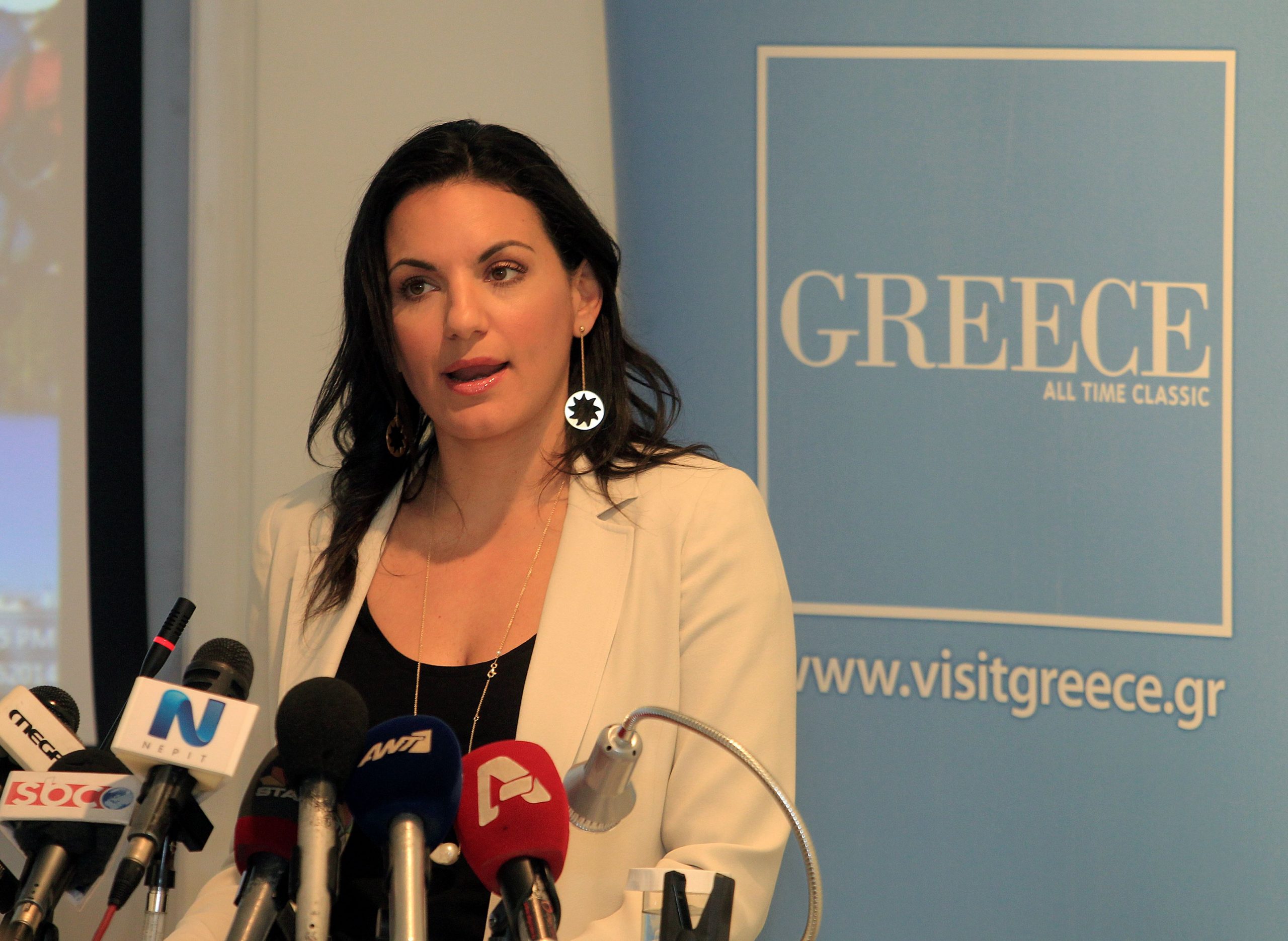Athens will be hosting the Women Political Leaders (WPL) Summit, March 19-21. The event is being held under the auspices of the Presidency of the Republic, with the Ministry of Tourism and Ministry of Social Cohesion and Family undertaking the co-organization. Could you tell us something about the WPL network?
Hosting a summit of such magnitude is an immense pleasure and honour. The WPL network’s unparalleled ability to unite women in global political leadership roles is truly commendable. The WPL Athens Summit 2024 is taking place under the auspices of the President of the Hellenic Republic, Katerina Sakellaropoulou, who is to be recognized by the network for her exceptional contributions to advancing women’s roles in politics.
Having served as Greece’s ambassador to the organisation, I have the utmost respect for the impactful work the WPL network undertakes. I am confident that the discussions and themes explored during the three-day session will yield numerous benefits. The insights and perspectives shared will be invaluable in empowering participants and sending a resounding message out to both women and men. We remain unwavering in advocating for equal opportunities in political roles in an ever-evolving world.
As a female politician, Member of Parliament and minister, but also a mother of two children, how do you manage to balance your political responsibilities with your family life? Do you think there are unique challenges that women face in this regard, which men do not?
Navigating the complexities of balancing multiple roles is undoubtedly challenging, and it is essential to recognise that this challenge extends to both men and women. It’s an uphill journey that requires individuals to assess their strengths, achieve internal balance, and effectively manage their responsibilities and schedules.
As women continue to empower themselves and take on leadership roles across diverse fields, the discourse surrounding the balancing act becomes increasingly significant. Addressing the obstacles inherent in this balancing act highlights the importance of acknowledging these shifts and actively seeking solutions. It is worth noting that women often face an added layer of pressure to prove their ability to juggle multiple roles – a demand their male counterparts do not typically experience. This underscores the need for ongoing dialogue and support to ensure equal opportunities and recognition for every individual striving to manage the demands of their professional and personal lives.
Based on your experience, what barriers do you think still exist for women in politics, and what steps can be taken to remove these barriers and promote greater gender equality in political leadership?
Gender quotas are a step towards addressing the under-representation of women in political positions, but they should not be seen as a standalone solution. It is crucial to move beyond access to the ballot box and delve deeper into the underlying factors that inhibit women’s participation in democratic processes. Concurrently, we must focus on empowering women, facilitating their active engagement in, and contributions to, political dialogue and decision-making.
Empowering women in politics goes beyond mere representation; it is about creating an inclusive and supportive environment that values diverse perspectives and experiences. By tackling the root causes of gender inequality and promoting women’s empowerment, we can pave the way for more inclusive and effective democratic governance.
You have been an MP since 2007, a whole 17 years. How do you perceive the empowerment the representation of women in leadership roles will bring about? Are there initiatives or measures that will encourage more women to enter and thrive in politics?
I would like to reflect on my early years practicing law and venturing into politics, where I encountered numerous challenges solely due to my gender. Yet, through unwavering perseverance, I managed to overcome gender stereotypes, ensuring that gender biases no longer influenced me, my colleagues, or those I interacted with. Seventeen years on, it is heartening to witness the growing presence of women in positions of power.
It is truly remarkable to see women ascending to Prime Ministerial and Presidential roles globally, and achieving remarkable results. Our nation takes pride in President Katerina Sakellaropoulou representing us at the highest level. However, the stark reality persists: with only a few exceptions, women remain underrepresented worldwide. Many parliaments worldwide still have fewer than one woman MP to every three men, highlighting the urgent need for gender equality in political representation.
How can governments and political parties better support the needs of women who aspire to leadership positions? Are there specific policies or reforms that you believe would have a significant impact on promoting gender inclusion and equality in political spheres?
I firmly believe that political will is crucial here. Governments and political parties need to openly acknowledge that gender equality in politics is non-negotiable. Regarding the measures to be enacted, they should prioritize the building of partnerships and crafting of specific proposals aimed at bolstering women’s involvement in decision-making bodies, leveraging networks like the WPL. It is equally important to provide support and empowerment to women through training and counselling initiatives, enabling them to actively participate in politics and overcome barriers to electoral engagement. Lastly, there is a pressing need to raise awareness and educate the public about the significance of women being equally represented in decision-making processes.



